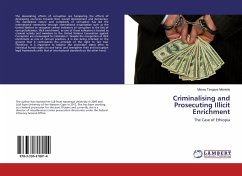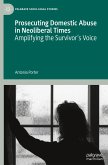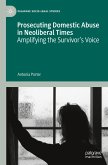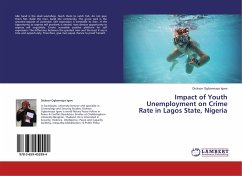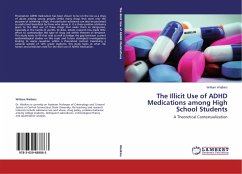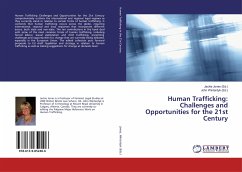The devastating effects of corruption are hampering the efforts of developing countries towards their overall development and democracy. The clandestine nature and complexity of corruption has led the international community through international organisation such as the United Nations to recognise certain indicators of corruption in the lists of corrupt behaviors. Illicit enrichment, as one of those indicators is treated as criminal activity and members to the United Nations Convention against Corruption are encouraged to criminalse it. Despite the recognition of illicit enrichment as one of corrupt practices, it is also being criticised on the ground that it contravenes the principle of the right to fair trial. Therefore, it is important to balance the protection states offer to individual human rights on one hand, and strengthen their anti-corruption legal frameworks with that of international standards on the other hand.

